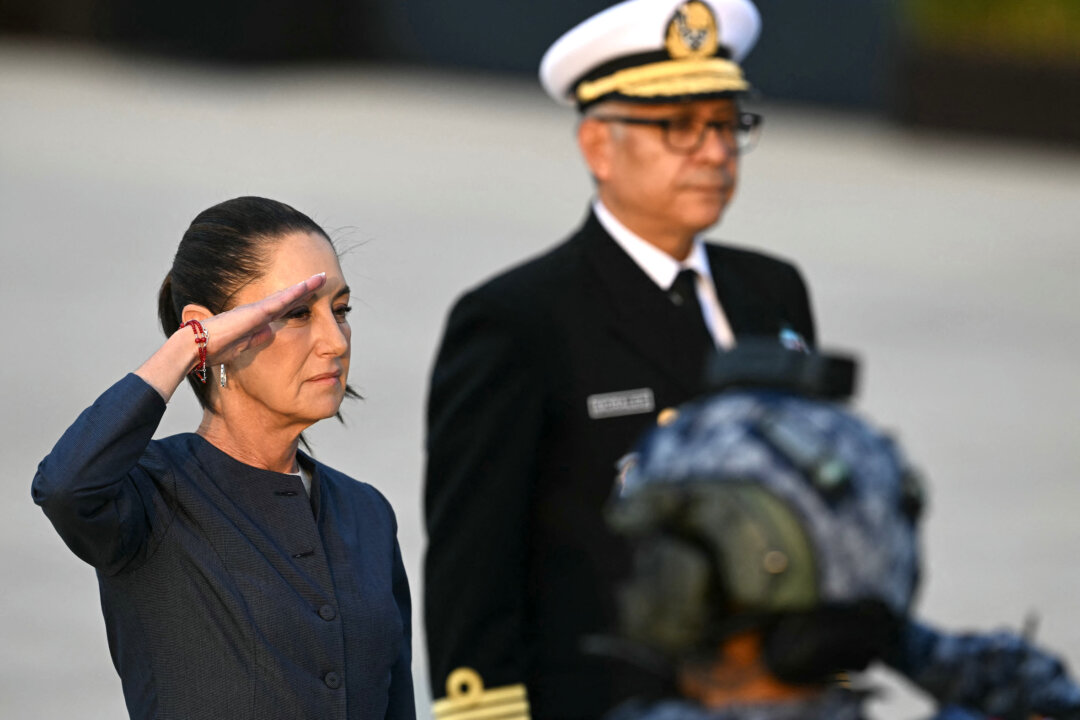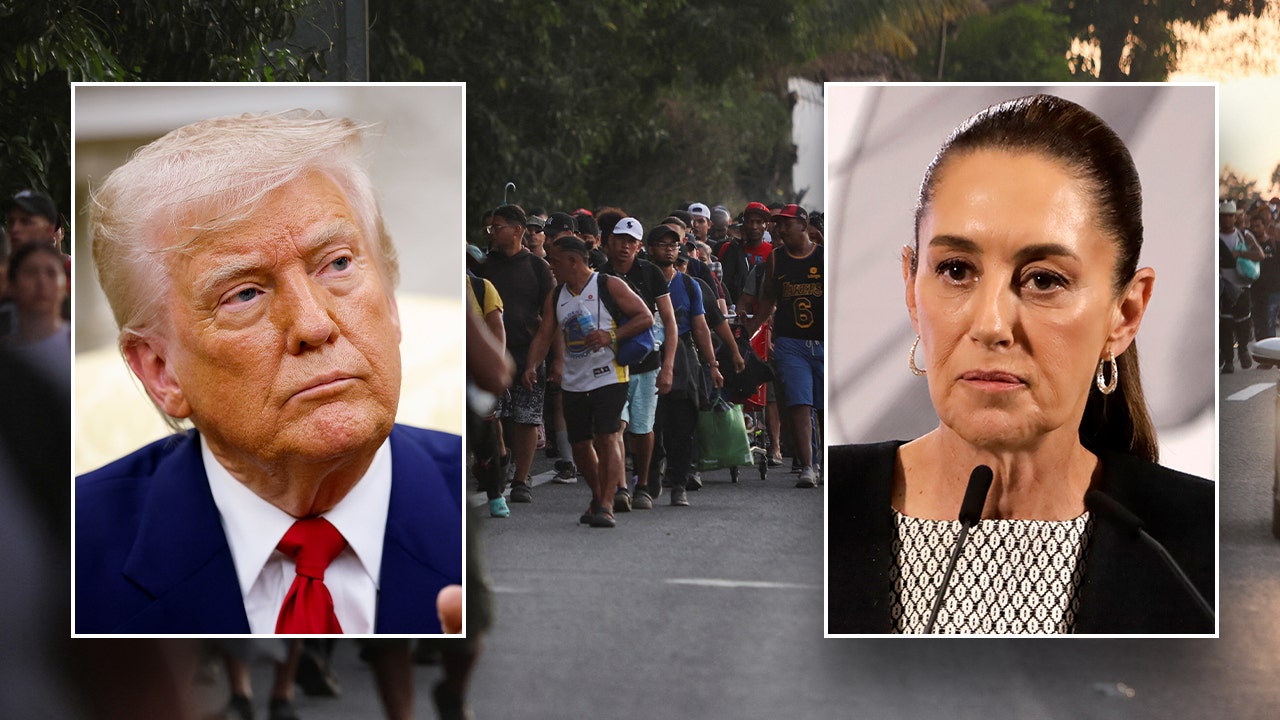Claudia Sheinbaum Rejects Trump’s Proposal for U.S. Military Involvement in Mexico
Mexican President Claudia Sheinbaum firmly rejected U.S. President Donald Trump's offer to deploy troops in Mexico to combat drug trafficking, asserting national sovereignty.
Subscribe to unlock this story
We really don't like cutting you off, but you've reached your monthly limit. At just $5/month, subscriptions are how we keep this project going. Start your free 7-day trial today!
Get StartedHave an account? Sign in
Overview
During a recent event, Mexican President Claudia Sheinbaum publicly confirmed her rejection of U.S. President Donald Trump’s proposal to send American troops to aid in combating drug cartels. She emphasized that Mexico's sovereignty is 'inviolable' and reiterated that U.S. military presence will 'never' be accepted on Mexican soil, although she remains open to collaboration on intelligence sharing. Trump's suggestion followed a tense phone call and comes amid heightened U.S. military presence at the southern border to tackle narcotics trafficking. The situation indicates rising diplomatic friction between the two leaders.
Report issue

Read both sides in 5 minutes each day
Analysis
- Mexican President Claudia Sheinbaum rejected U.S. President Donald Trump's proposal to deploy American troops in Mexico to combat drug cartels, emphasizing Mexico's sovereignty.
- Sheinbaum expressed willingness to cooperate with the U.S. on intelligence sharing to fight drug trafficking, but refused any U.S. military presence in Mexico.
- The U.S. government has increased border security and military presence along the southern border, but Sheinbaum's rejection of military intervention highlights a growing tension in U.S.-Mexico relations.
Articles (4)
Center (1)
FAQ
The Trump administration has ramped up CIA drone surveillance over Mexico, formally designated drug cartels as 'foreign terrorist' groups, and massed U.S. troops on the northern side of the border to target unauthorized immigration and drug smuggling[3]. The U.S. also collaborates with Mexico to remove cartel leaders for prosecution[2].
The White House emphasized 'robust cooperation and information sharing' with Mexico, calling it the 'most secure southwest border in history' and highlighting the extradition of cartel leaders to the U.S.[2][1].
The rejection underscores existing tensions over sovereignty and cross-border military operations, potentially complicating bilateral efforts on security and immigration[4][3]. However, both sides continue public commitments to collaboration[1][2].
Sheinbaum remains open to intelligence sharing and joint efforts but insists on maintaining separate military operations within each country's territory[3][4].
Trump positioned it as assistance, asking 'How can we help you fight drug trafficking?' during phone calls, framing U.S. military involvement as collaborative support[1][3][4].
History
- This story does not have any previous versions.


